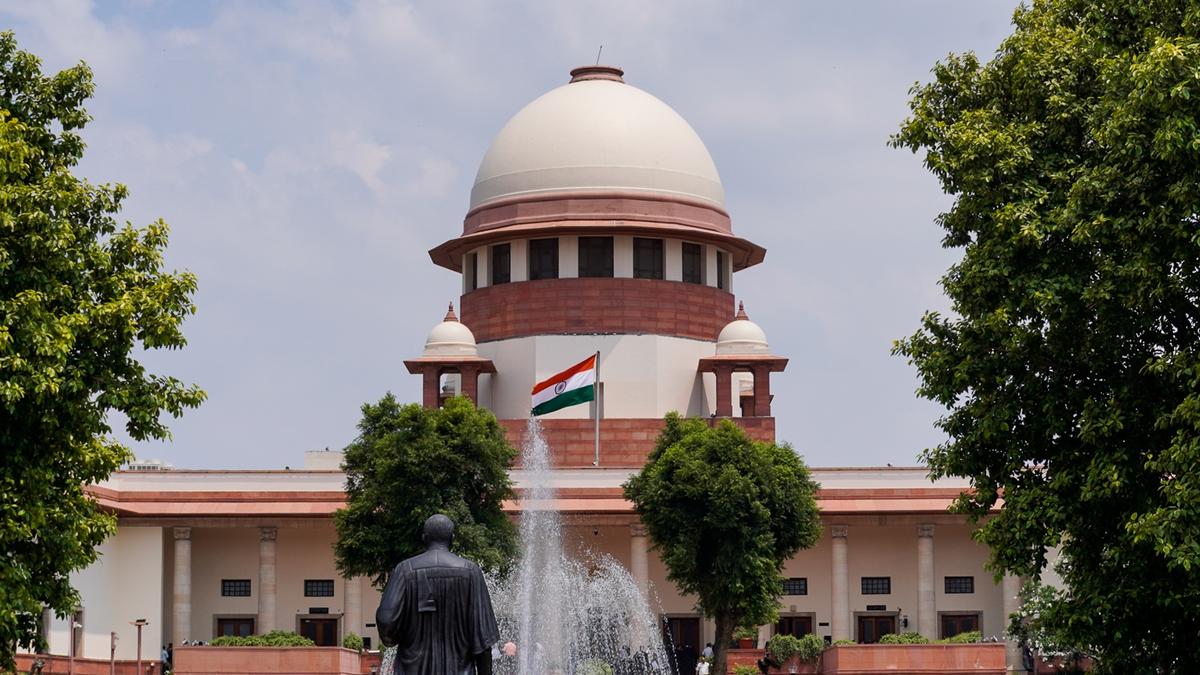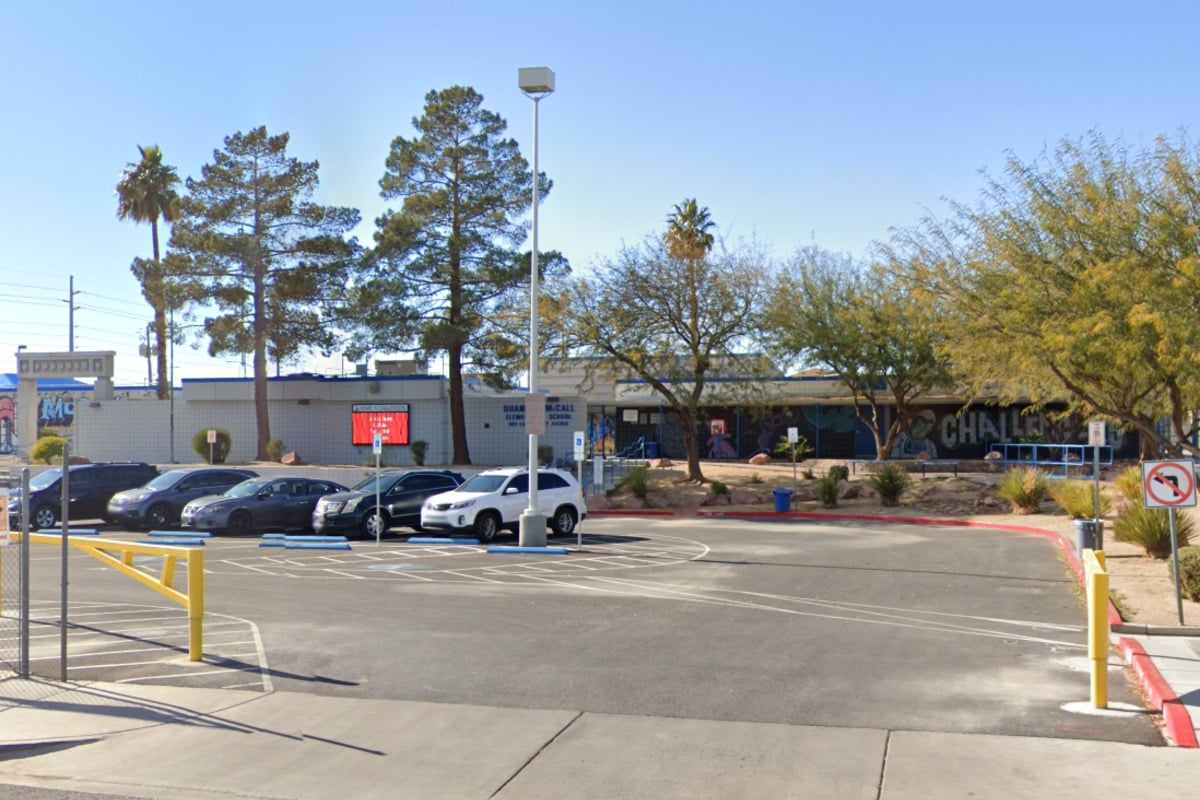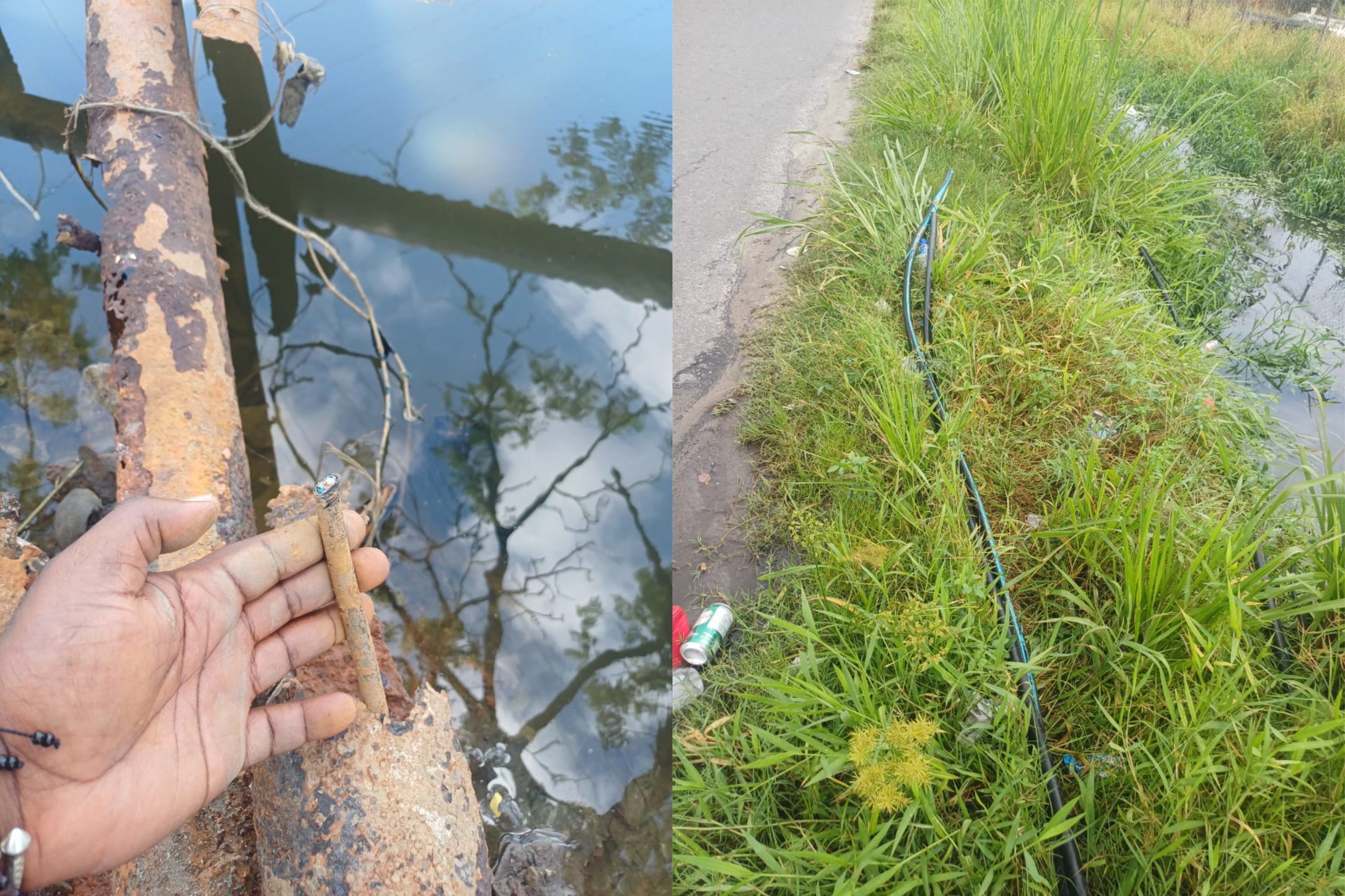Two months after SC held mental health as a part of right to life, IIT student seeks court’s help to access affordable medical care
By Krishnadas Rajagopal
Copyright thehindu

The Supreme Court has stepped in to enquire why the Indian Institute of Technology (IIT) Kharagpur in West Bengal was not letting a Scheduled Caste (SC) student with borderline personality disorder transfer to IIT Delhi, where he could get affordable mental health care at the All India Institute of Medical Sciences (AIIMS) Delhi while being with his parents.
The case is one of the first cases since the apex court declared “mental health an integral component of the right to life” in a judgment in July this year. The judgment had underscored that mental health was central to a life of dignity, autonomy, and well-being.
Setting comprehensive guidelines for institutions of every nature to protect students with mental health issues and engage with them, the court, in July, had recognised the right to affordable mental health care services as a “Constitutional mandate”.
“Education is meant to liberate, not burden the learner,” the Supreme Court had quoted writer Jiddu Krishnamurti in its Sukdeb Saha Vs. State of Andhra Pradesh verdict in July, while highlighting “an emerging pattern of distress in educational institutions, coaching centres, and residential educational institutions which point to a systemic failure in addressing students’ emotional and mental health needs”. The Sukdeb Saha case revolved around the tragedy of a 17-year-old who took her own life at a National Eligibility-cum-Entrance Test (NEET) coaching centre.
An order published on Saturday (September 27, 2025) recorded that a Bench of Justices B.V. Nagarathna and R. Mahadevan issued notice to the IITs of Kharagpur and Delhi, and AIIMS, on September 26, in the case of the IIT Kharagpur student, whose name has been kept anonymous by the court to respect his privacy. The Bench scheduled the case on October 10, during the opening week of work after the Dussehra vacations.
In his petition, the first-year Bachelor of Architecture student, represented by advocates Vipin Nair, Aditya Narendranath and M.B. Ramya, said his documented medical condition required specialised Repetitive Transcranial Magnetic Stimulation therapy available at AIIMS Delhi along with continuous parental supervision. The “life-preserving” therapy was available at Kolkata and not in Kharagpur, but only in expensive private medical hospitals.
He submitted that requests for medical transfers had been cleared in the past, making the denial in his case discriminatory. The IIT transfer mechanism also allowed students to be shifted out for medical reasons.
The court acknowledged Mr. Nair’s reference to Section 18 of the Mental Healthcare Act which “guaranteed mental health services to all”. It noted submissions made in the petition that the Sukdeb Saha judgment had “mandated that institutions adopt comprehensive mental health policies with accessible mechanisms for addressing mental health concerns of the student community”.
The petitioner’s counsel also placed on record judicial precedents of the court in the Shatrughan Chauhan and Navtej Singh Johar case laws that recognised mental integrity, psychological autonomy, and freedom from degrading treatment as essential facets of human dignity.



